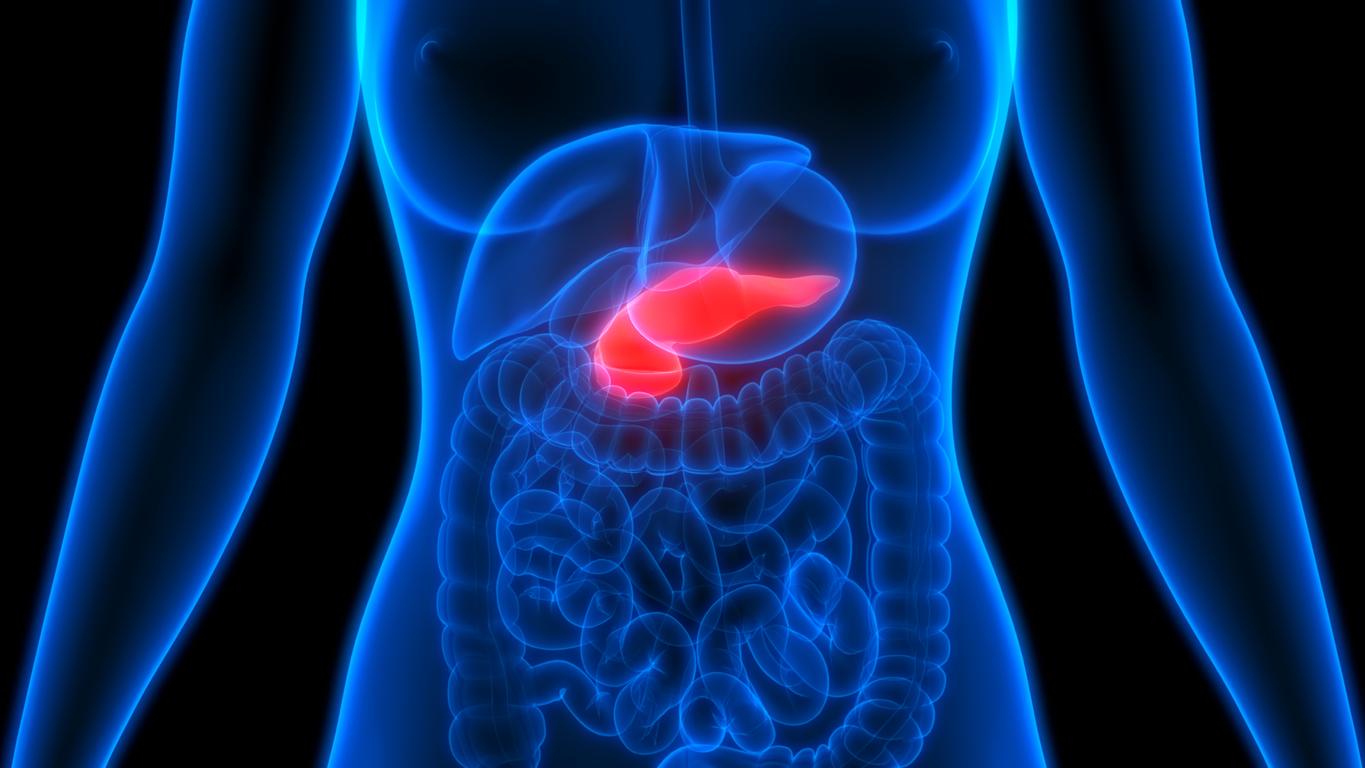There are 5 flavors: sweet or sweet, salty, sour, bitter and pungent. They must be combined during the same meal since each nourishes a particular organ (respectively the spleen, kidney, liver, heart and lungs).
The rule: respect a balance between flavors
In case of weakness of an organ or a function, the body should spontaneously “claim” a specific flavor, and it is then important to respect its “desire”. On the other hand, excesses of a particular flavor can put the corresponding organs at fault. In addition, all food has a “nature” (hot, warm, neutral, cool, cold), which corresponds to the impact they cause in the body.
Thus hot (meat) and lukewarm (dairy products, eggs), of a yang nature, activate the organs and their metabolic functions, and heat certain areas of the body. Conversely, cold (fruits and vegetables) and fresh (seafood), of a yin nature, can calm excessive functioning, fight against tiredness physical or psychological, and refresh (in case of fever, inflammatory or infectious reaction, allergy …). Neutral (mi-yin mi-yang, like poultry and dairy products) helps maintain balance and is stabilizing.
Some principles to apply at home
Nothing obliges you to eat “Chinese”. The precepts adapt perfectly to French products, especially since it is recommended to eat local.
Favor seasonal foods, because these are adapted to the energy needs of the moment.
Vary foods and combine them so as to associate the 5 flavors with each meal.
Also associate colors, since they are energy and contribute to pleasure and appetite. Red, hyper-yang, warms up. Yellow is neutral and regulating. White, yin, strengthens the lungs and large intestine. Green (yang) stimulates energy and digestion. And black (hyper-yin) invigorates fundamental energy and blood.
Choose the right ingredients. The spices, herbs and aromatics are yang, lukewarm and “warming”. Some, very hot (chilli, pepper, mustard, ginger) should be avoided during yang disorders (inflammatory states, hypertension, excitement, stress, anger …). Conversely, salt, lemongrass, mint are cold and yin, and can calm excess heat and quench thirst.
Anti-stress foods
In case of acute stress (yang)
Choose a sweet and slightly bitter food (or drink) (tea, chocolate, honey, apple) in order to stabilize the emotional energies of the heart.
Against chronic stress (yin)
Rather, the kidneys, liver and adrenals are fortified with salty and / or acidic foods, which will thus boost courage and willpower (shellfish, stews, dairy products).
What to eat what this summer
The most yang season requires lukewarm and hot foods (to better withstand the external heat and not create a thermal shock), with a mild or pungent flavor. Cucumber, salads, radishes, eggplants, spinach, carrot, red fruits, peach, apricot, fig will be on the menu, like legumes. Red and white meats will be lean, as will fish and dairy products. We will eat raw in a salad, grilled or sautéed very quickly (no slow cooking, unlike winter dishes), and may consume spices (garlic, peppers, pepper), but we will on the other hand avoid drinking iced, a heresy. !
Excess heat (at the end of summer for example), which can cause inflammation (or excitement), should lead to eating watermelons, melon and cucumber, which bring cold.
More info, read “The dietetics of yin and yang”, Doctor You-Wa Chen, ed. Marabout.
>> To read also:
Chinese medicine: regaining your energy, it goes through the liver
Chinese medicine: what to think about it?
Well-being: follow the rhythm of the seasons with Chinese medicine
















